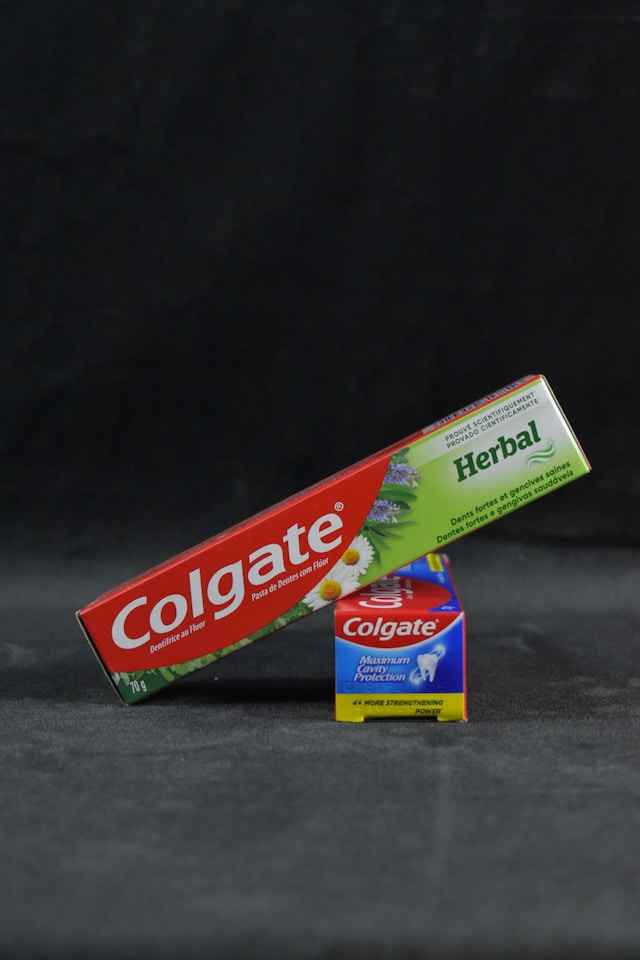Toothpaste vs Herbal Paste: Which is Better for Brushing Teeth?
Maintaining good oral hygiene begins with choosing the right toothpaste. In Nigeria and many other parts of the world, people often face a common dilemma—whether to use herbal toothpaste or regular fluoride toothpaste. Each type has its unique properties, and deciding on the best option depends on your dental needs, health goals, and even personal preferences.
What Is Regular Toothpaste?
Regular toothpaste, commonly available in supermarkets and pharmacies, usually contains a combination of fluoride, detergents like Sodium Lauryl Sulfate (SLS), artificial flavors, and sweeteners. Fluoride is the key ingredient that helps prevent tooth decay, strengthens enamel, and fights cavities.
Benefits of Regular Toothpaste
- Cavity Prevention: Fluoride helps in remineralizing tooth enamel.
- Whitening: Most regular toothpastes include mild abrasives and whitening agents.
- Fresh Breath: Mint-flavored varieties help eliminate bad breath.
- Sensitivity Relief: Specialized types (like Sensodyne) help people with sensitive teeth.
Drawbacks of Regular Toothpaste
- May contain artificial chemicals and sweeteners.
- SLS can cause mouth irritation in sensitive individuals.
- Not always environmentally friendly.
What Is Herbal Toothpaste?
Herbal toothpaste is made using natural ingredients such as neem, clove oil, peppermint, miswak, charcoal, aloe vera, and other plant extracts. It avoids synthetic chemicals and is often preferred by those seeking a natural lifestyle or with allergies to conventional toothpaste ingredients.
Benefits of Herbal Toothpaste
- Natural Ingredients: Free from synthetic chemicals, preservatives, or artificial colors.
- Antibacterial & Anti-inflammatory: Herbs like neem and clove fight bacteria and soothe gums.
- Good for Sensitive Mouths: Less harsh and gentle on soft tissues.
- Eco-friendly: Often biodegradable and cruelty-free.
Drawbacks of Herbal Toothpaste
- Many brands do not contain fluoride, reducing cavity protection.
- May lack strong whitening effects or tartar control.
- Some are not backed by dental research or clinical tests.
Comparison Table: Regular vs Herbal Toothpaste
| Criteria | Regular Toothpaste | Herbal Toothpaste |
|---|---|---|
| Cavity Protection | ✔✔✔ (Fluoride) | ✔ (If fluoride is included) |
| Natural Ingredients | ❌ | ✔✔✔ |
| Whitening Power | ✔✔✔ | ✔ (mild) |
| Safe for Sensitive Gums | ✔ (specific types only) | ✔✔ |
| Environment Friendly | ❌ | ✔✔✔ |
Which Toothpaste Should You Choose?
The decision depends on your personal oral health needs:
- If you want strong cavity protection, choose a fluoride-based toothpaste.
- If you prefer natural ingredients and avoid chemicals, go for herbal toothpaste—ideally one that contains fluoride.
- People with allergies or gum issues may benefit from the gentle nature of herbal options.
- If whitening is your goal, regular toothpaste is often more effective.
It is also possible to alternate both: use herbal toothpaste in the morning and fluoride toothpaste at night.
What Dentists Recommend
Most dental professionals recommend using a toothpaste that contains fluoride, regardless of whether it is herbal or regular. Fluoride plays a key role in preventing dental caries, which is still a major health issue in Nigeria and other developing countries.
Also, brush at least twice daily, floss regularly, and visit a dentist every 6 months.
Conclusion
Both regular and herbal toothpaste offer great benefits depending on what you’re looking for. The best approach is to consider your own dental needs, read product labels carefully, and consult a dentist if in doubt. The goal is to ensure long-term oral health—not just fresh breath.
For more oral health articles, check our Health Section.
Related post: The Health Dangers of Self-Medication in Nigeria
Learn more about fluoride and dental care at the American Dental Association (ADA).


Test